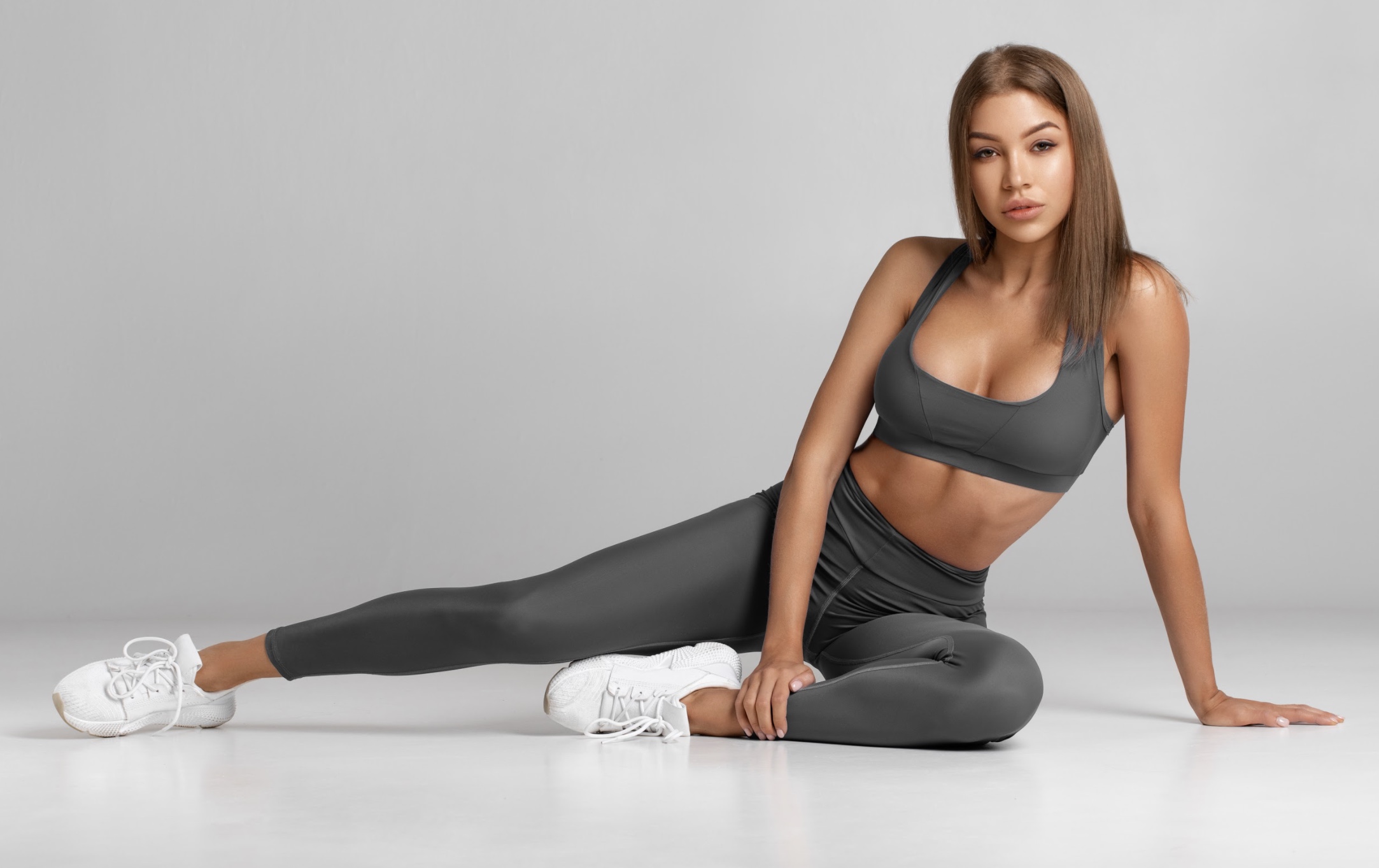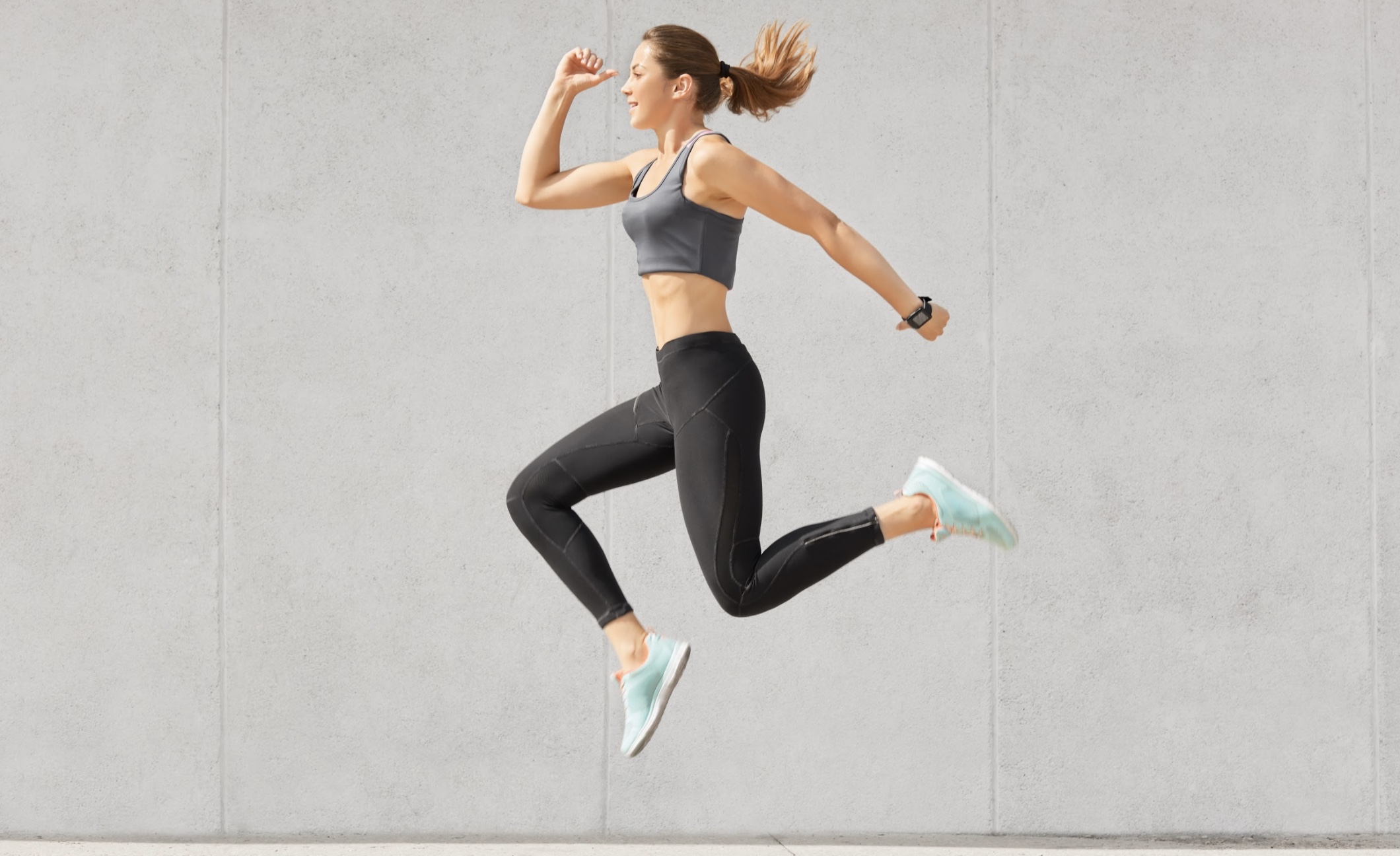The skin plays a crucial role in excreting sweat, which contains salt, water, and other electrolytes. It’s also a thermoregulating organ, which means it affects body temperature depending on the skin’s response to external or internal elements, such as climate and the presence of infection.
Skin health may be a reflection of the internal condition of the body because many diseases show skin signs and symptoms, such as redness, rashes, bruises, and petechiae. When it comes to lifestyle, exercise could also impact skin health in a lot of ways, which will be discussed below.

Chapter Overview
1. Increases Blood Flow To Nourish The Skin
Exercise could increase the skin’s blood flow by dilating the blood vessels and capillaries, nourishing skin cells. Because the blood carries oxygen through hemoglobin and supplies nutrients to body cells, the skin cells receive a boost and eliminate waste products, like free radicals, to avoid oxidative damage.
Participating in regular exercise could make your skin glow because it promotes proper blood circulation. Endurance training may be the best exercise to greatly benefit the skin. High-intensity interval training (HIIT) creates endurance-like adaptations with similar skin effects. So it might pay off to join online training programs from trusted trainers who offer HIIT programs like 28 at home and other at-home training programs to improve skin and overall health.
2. Stimulates The Skin’s Production Of Natural Oils
The skin produces oil to protect it from invading microorganisms and provide moisturizing effects and nourishment. When the heart rate rises during exercise, blood circulation improves, distributing nutrients and oxygen throughout your body, which includes skin cells. Regular workouts could stimulate the skin’s production of natural oil, making the skin complexion supple and smooth.
3. Creates Skin Cellular Changes
Exercise is believed to improves skin health because of its effects on the mitochondria. Each cell has a power organelle called mitochondria, also called the engines of the cell, that produces adenosine triphosphate (ATP), which fuels cellular functions. This chemical helps repair skin damage and makes components, like hyaluronic acid and collagen, to keep the skin young.
When a person ages, mitochondria make less ATP, which is irreversible. However, exercise could reverse mitochondrial changes in the muscles. According to a research study, exercise is an effective nonpharmaceutical therapy that could potentially reverse and enhance cells’ impaired mitochondrial function associated with chronic muscle disuse and aging.
4. Has Indirect Effect On Reducing Stress
Stress is one of the triggering factors for acne breakouts, atopic dermatitis, and psoriasis. So it’s crucial to reduce stress to promote better skin health, and one of the best-known stress busters is exercise.
A good workout could make you feel good, which may indirectly affect your skin’s health. When you’re happy, your body releases endorphins or feel-good hormones, which are also good for your skin. Also, endorphins are able to combat stress by reducing cortisol, adrenaline, and other stress hormones.
5. Tones The Skin
Exercise is believed to tone the skin. Even simple facial exercises are said to improve facial skin tone. The face also contains muscles, but these are rarely used, which causes the skin to sag over time. Toning facial exercises are thought to keep your face look fit in the long term, stimulating skin cell regeneration and preventing wrinkles.
If you want to tone your skin, you could perhaps try facial yoga. Facial yoga is said to reduce muscle tension, counteracting the effects of strained muscles in the face and leaving your facial skin rejuvenated. To perform facial yoga, place your warm palm over your closed eyes and leave them for at least a couple of minutes while breathing deeply to relieve tension from the eye area.
6. Promotes Better Sleep
Restful sleep is good for your skin because the cells repair themselves during sleep, including the skin cells. If you want to sleep well at night, daily exercise is important to help contract and tire the muscles to set your mood for deep, relaxing sleep.
Study shows that exercise may have rapid and delayed effects on melatonin secretion. This means it may alter melatonin levels within minutes, which may result in a shift of nocturnal melatonin onset 12-24 hours later. This is believed to help improve sleep regulation and positively impact sleep quality. Hence, individuals with skin and sleep problems may consider performing regular exercise to improve sleep.
Conclusion
Exercise could affect your skin in positive ways. It could help tone and nourish your skin and also help reduce stress levels with indirect effects on the skin. There’s no doubt that skin and exercise are directly connected, which affects overall health and well-being. Of course, it’s important to always remember to still practice proper skincare routine, which doubles the great benefits for your skin.

